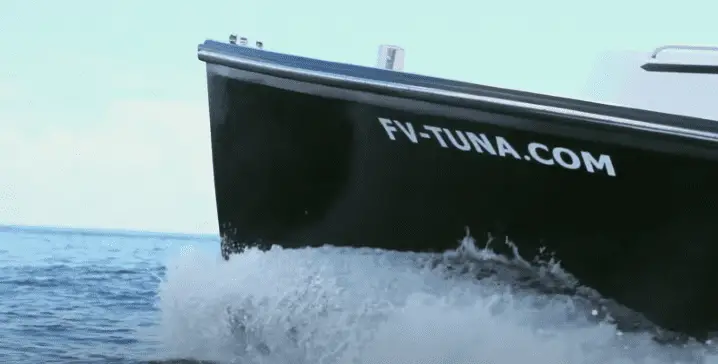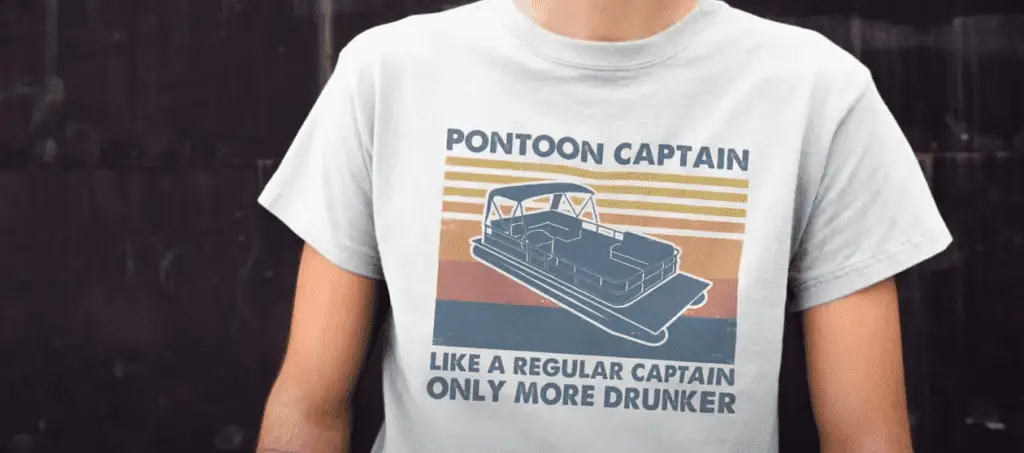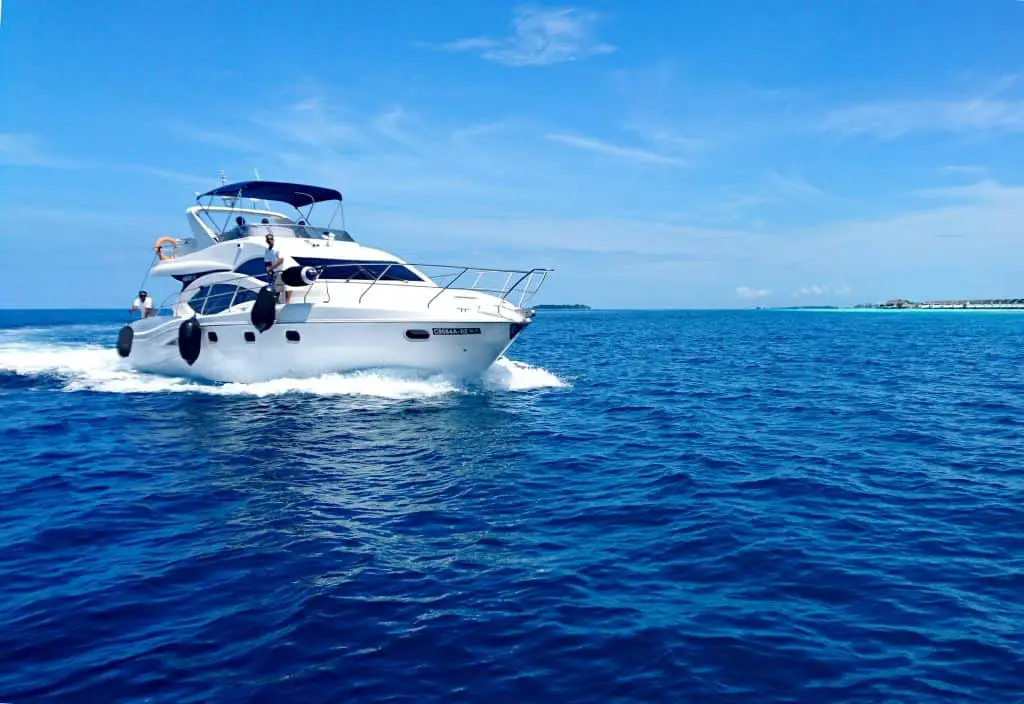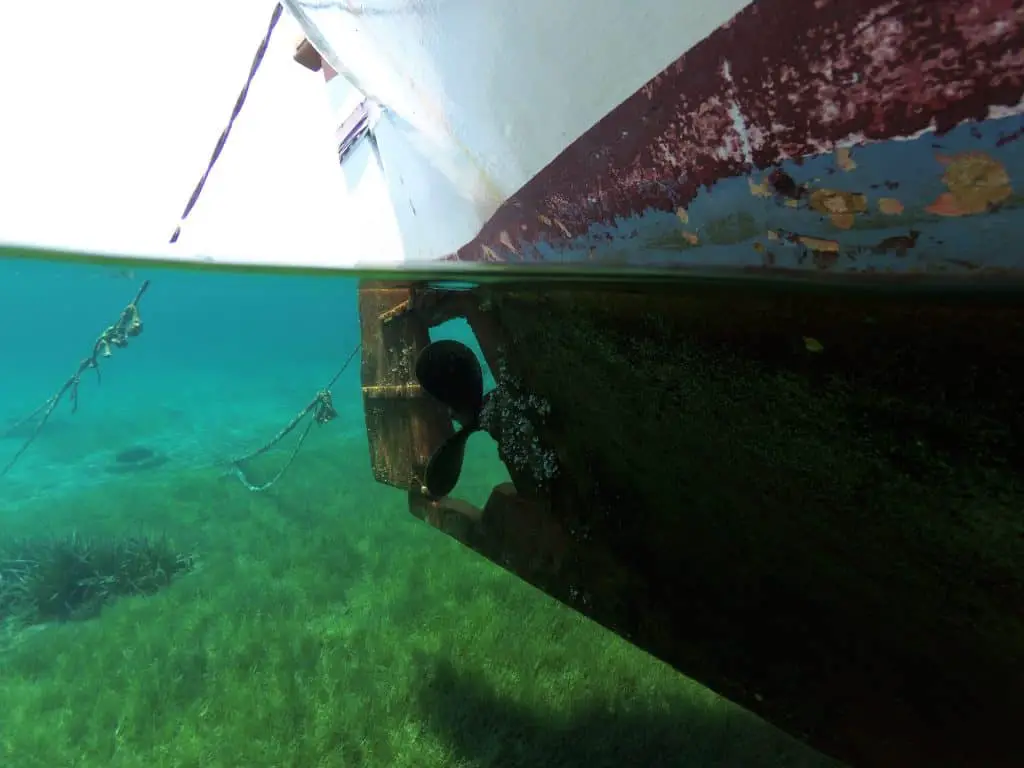It’s all fun and games until someone falls overboard. For as exciting and adventurous as boating and fishing might be, it’s also inherently dangerous. Being surrounded by nothing but waves and currents, boating places you at the mercy of mother nature. So it’s important to take the necessary precautions so you can enjoy the fun and strike out the risks.
Falling overboard is the biggest danger of taking to the water. Fortunately though, there are things you can do to prevent it from happening to you and your passengers. So what is most likely to cause someone to fall overboard? Here are the facts.
What’s the Main Cause of Someone Falling Overboard?
It’s frightening enough to have to charge forward as the waves start to pick up. So dealing with a passenger that’s tossed over the rails can easily turn into a panicked situation. On the upside, it’s something you can easily prevent by instructing all of your passengers to simply stay in their seats.
What is most likely to cause someone to fall overboard? Although most people think that capsizing boats are the main culprit for a passenger to go overboard, the most common reason for a person accidentally falling into the water while on a boat is actually just standing.
When passengers stand, they sacrifice their own balance, making it difficult to stay in place when waves and choppy waters make the boat’s movements unpredictable. If there's alcohol involved, then it's easy to see how balance can be significantly impaired.
Another thing is when passengers stand all at the same time. When your boat guests collectively take their rumps off of the seats, you actually heighten the boat’s center of gravity. When that happens, the boat sits higher on the water, making it more prone to erratic movement.
Keeping all of your passengers seated towards the center of the boat can help lower the watercraft’s COG and keep it more steady against strong gush of water. It also keeps passengers away from the rails so they aren’t tossed around during a rough situation.
What are Other Reasons for Someone Falling Overboard?
There’s more to it than just standing up, although it is the most common reason. Lots of hazards exist on a boat, and many of these can significantly increase the risk of getting tossed over the rails.
Slippery Deck
That’s also why lots of boat owners invest in flooring material or coverings that improve traction. When currents are strong, it’s only normal for water to come crashing inside the boat. Some even fall following a large wave splashing on board.
Overloaded or Poor Weight Distribution
Overloaded boats have reduced stability, which is why manufacturers indicate just how much your boat should carry. But even if you stay within the load limits, poor load distribution can have the same effect. Kind of like a seesaw - when all the load is at one end, the opposite end has the tendency to rise.
Bad Weather
This one should be a no brainer, but it’s worth mentioning nonetheless. Rough conditions can make it tough to keep your boat stable, even if you follow proper load distribution and carefully maneuver your vessel over the rough waters. Unfortunately, conditions can be unpredictable, with mother nature throwing a curve ball even if forecasts say otherwise.
Other reasons for people to fall into the water include getting struck by an object, tripping on hazards on deck, and poor visibility. Of course, it’s easy to see how any of these reasons might push you over the rails. But if a person remains seated at the center of the boat during strong wind and currents, then the chances of going overboard are significantly reduced even when all of the other risks are present.
The prerequisite for any of the above reasons to throw you overboard would be standing. A slippery ship deck can’t get you to fall if you were sitting the entire time. Unpleasant conditions can assail your boat, but if your seated and not moving around the boat, you should be stable and safe. Poor load distribution can be easily addressed by simply taking a seat where your captain tells you to.
So what is most likely to cause someone to fall overboard? It's still standing. All in all, these are viable reasons for accidentally entering the water if you’re on a boat. But they’re rarely stand alone reasons. Most of the time, a passenger would have to be on their feet for any of these factors to throw them overboard.
What are the Risks?
Falling overboard is no simple accident - it's actually a matter of life and death. When conditions cause someone to fall overboard, they become prone to a variety of risks that could put their life in danger. And although you might be able to rescue them, preventing passengers from falling into the water should be the priority. Some of the risks include:
Drowning
Existing laws only require that boat operators have a life jacket for each passenger, but not that passengers always wear their PFD while inside the boat (see where the PFD should be kept on the boat). Unfortunately, this has made people comfortable with riding boats sans the safety lifejacket, only donning the life saving device when unpredictable conditions strikes.
Studies have found that falling overboard a ship without the safety of a life jacket is the number one cause of boating accidents resulting to drowning especially when there's alcohol involved in the situation. That’s why it’s important to wear a PFD at all times, especially because it’s near impossible to wear one when you’re already in the water.
Hypothermia
Water doesn’t even have to be very cold for hypothermia to develop. Experts have found that in waters that are as low as 30 to 40°F, death is possible within 30 to 90 minutes. In waters 70°F, death becomes possible in 2 to 40 hours due to hypothermia.
Considering the fact that getting tossed overboard typically happens when the water and wind aren’t too calm and sunny, it’s easy to see how the water might be cold when the accident happens. In smaller children, the risk of hypothermia can be much more serious.
Exhaustion
Threading is a move or maneuver that people use to keep their head above the water when there’s no life jacket or gear to help with floating. It requires that you keep your arms and legs constantly moving. While a few minutes of threading might not be too challenging, it causes exhaustion later on.
But even individuals wearing a PFD can experience exhaustion in the water when they fall overboard. The high stress situation, coupled with strong currents and unfamiliar territory causes an individual to spend precious energy, especially if they’re panicked. When exhaustion reaches its limit, the person could pass out and risk drowning. Again, smaller passengers are more prone to getting exhausted faster.
Hostile Marine Life
If you’re boating in deep waters and you just happen to fall overboard, then you’re subject to the aggression of the marine wildlife that call those waters home. According to statistics, there are close to 60 unprovoked shark attacks each year, 10 of which prove to be fatal.
But sharks might be the least of your worries. Statistics show that up to 20 people die each year as a result of a sting from a box jellyfish. Sea snakes, puffer fish, and other smaller but equally poisonous animals that live in the water also pose a threat to an unprotected, unguarded, and frantic man overboard.
Injury
That water might look deep, but can be hidden hazards under the surface. Jagged rocks, debris, and other objects are likely to jab at your body upon impact and cause serious injury to a man overboard. Other passing boats that are unaware of the man overboard can also add to the danger.
Another common cause of injury when falling overboard is getting hit by the propeller following water entry. Although it’s recommended that you turn back to rescue the person in the water, a panicked boat operator can forget to kill the engine, causing serious harm if the propeller is too close to the individual being saved.
What’s the First Thing You Should Do When Someone Falls Overboard?
If anyone on your boat happens to go overboard, here’s what the Boat Ed quizlet says you should do:
What Else Should You Do?
Tips to Avoid and Prevent a Passenger Falling Overboard
Better Safe Than Sorry
Falling overboard is a serious risk that could cost someone not only their safety, but their life. So what is most likely to cause someone to fall overboard? Well, standing when the boat is underway turns out to be the main culprit. Make sure you always inform your passengers of all the safety protocol and familiarize yourself with the process of rescuing a victim that’s tossed over the rails just in case you need to make that swift move.






